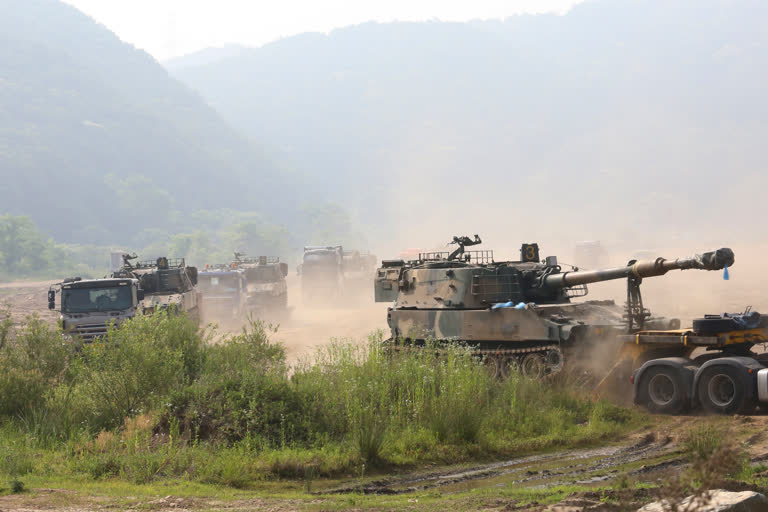Seoul: North Korea said on Wednesday it will redeploy troops to now-shuttered inter-Korean cooperation sites, reinstall guard posts and resume military exercises at front-line areas, nullifying the tension-reducing deals reached with South Korea just two years ago.
The announcement is the latest in a series of hard-line steps North Korea has taken in what experts believe are calculated moves to apply pressure on Seoul and Washington amid stalled nuclear diplomacy. On Tuesday, the North destroyed an empty inter-Korean liaison office in its territory.
Though North Korea’s recent actions haven’t caused clashes or bloodshed, it’s still raising animosity on the peninsula to a level unseen since the North entered nuclear talks in 2018.
The North’s General Staff said military units will be deployed to the Diamond Mountain resort and the Kaesong industrial complex, both just north of the heavily fortified border. The sites, both built with South Korean financing during a past era of reconciliation, have been shuttered for years due to inter-Korean disputes and US-led sanctions imposed on North Korea because of its nuclear program.
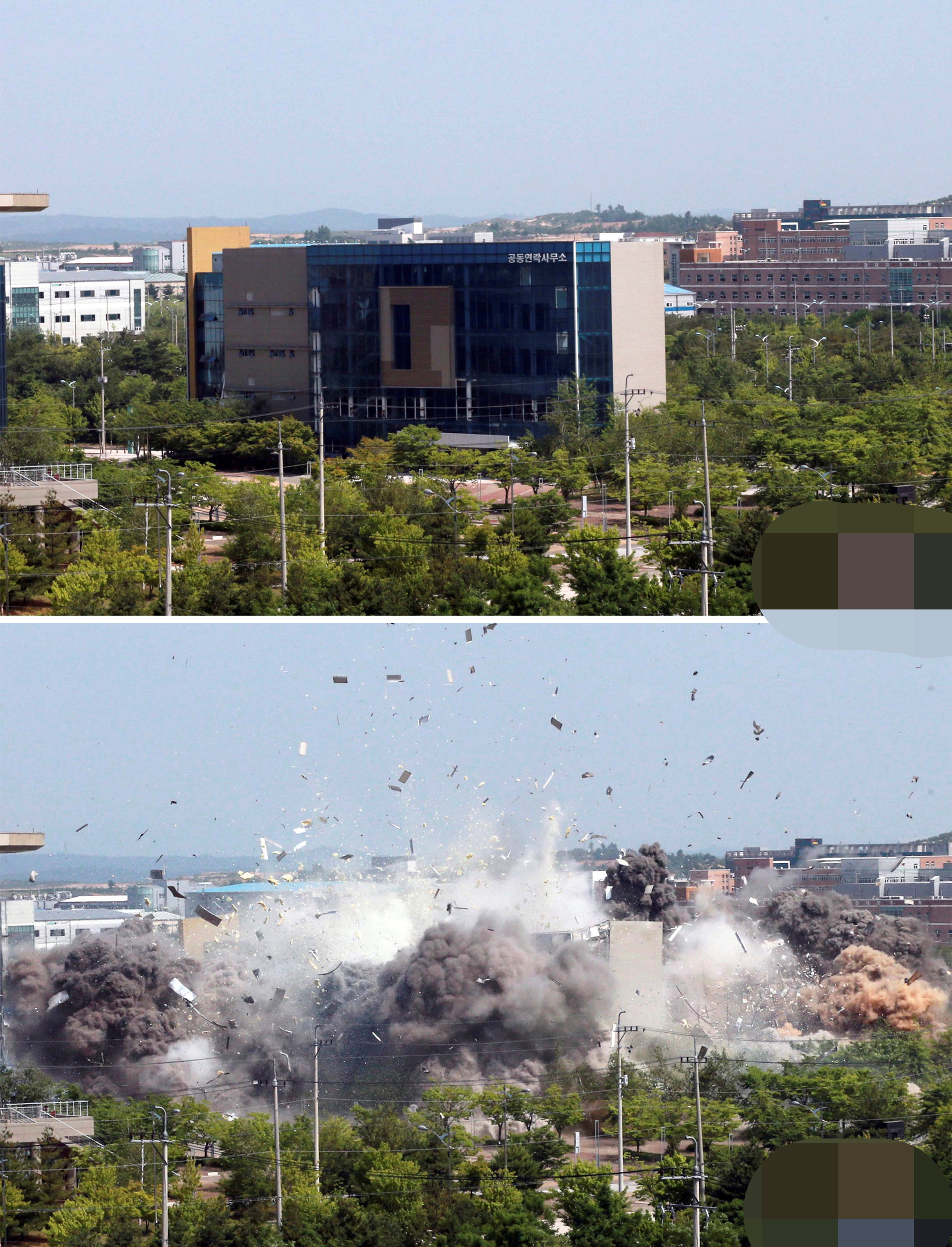
Read | NKorea's military threatens to reenter demilitarized areas
The North said it will resume military exercises, reestablish guard posts, boost military readiness in border areas and open front-line sites for flying propaganda balloons toward South Korea. These steps would end the September 2018 agreements reached between the Koreas aimed at lowering military tensions at border areas.
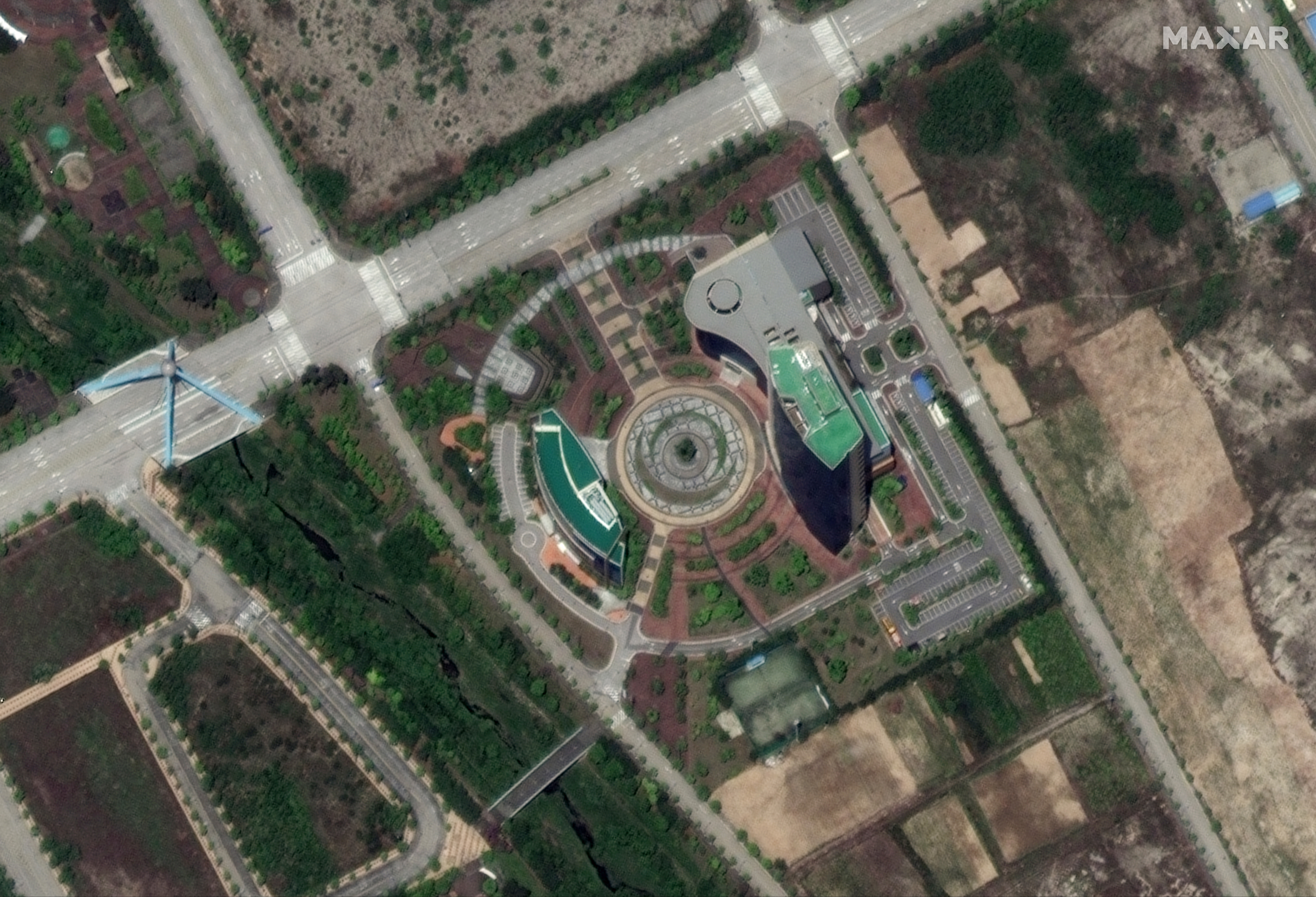
Later Wednesday, South Korea’s military expressed regret over the North Korean announcement and warned that the North will face unspecified consequences if it violates the 2018 deals.
Maj. Gen. Jeon Dong-Jin at the Joint Chiefs of Staff told reporters that South Korea maintains a firm military readiness and will strive to prevent military tensions from rising.
Read | North Korea blew up liaison office as tensions rise: Seoul
Under the 2018 agreements, both Koreas halted live-firing exercises, removed some land mines and destroyed guard posts inside the world’s most heavily armed border. Some outside experts have said these moves undermined South Korea’s security more as the North’s nuclear weapons arsenal remain intact.
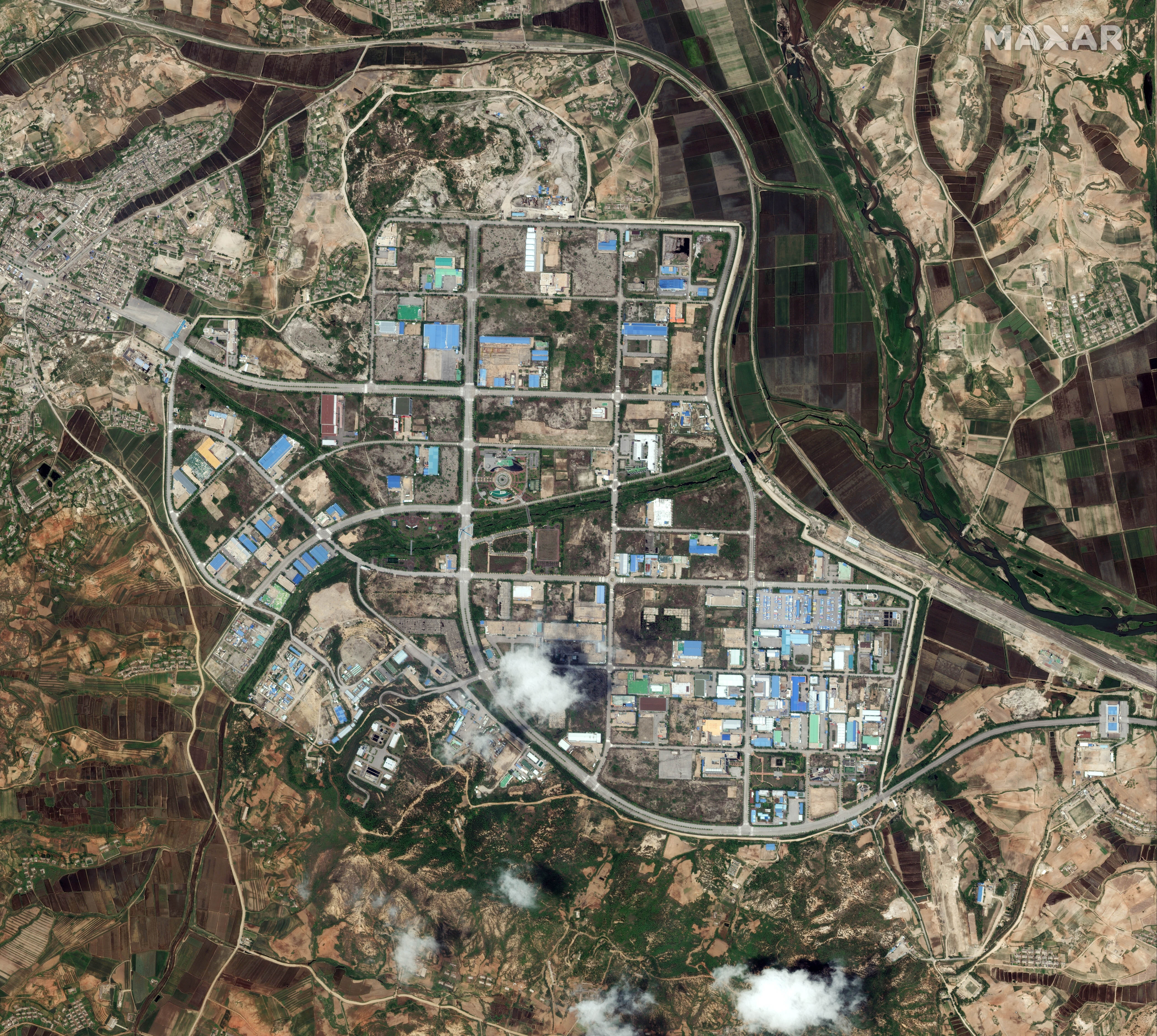
Some analysts predicted North Korea would resort to provocation to wrest outside concessions because its economy has likely worsened under the persistent US-led sanctions and the coronavirus pandemic. North Korea may also be frustrated because the sanctions prevent Seoul from breaking away from Washington to resume joint economic projects with Pyongyang.
The North’s official Korean Central News Agency on Wednesday said the hard-line steps were taken to retaliate for South Korea’s failure to prevent activists from floating propaganda leaflets across the border.
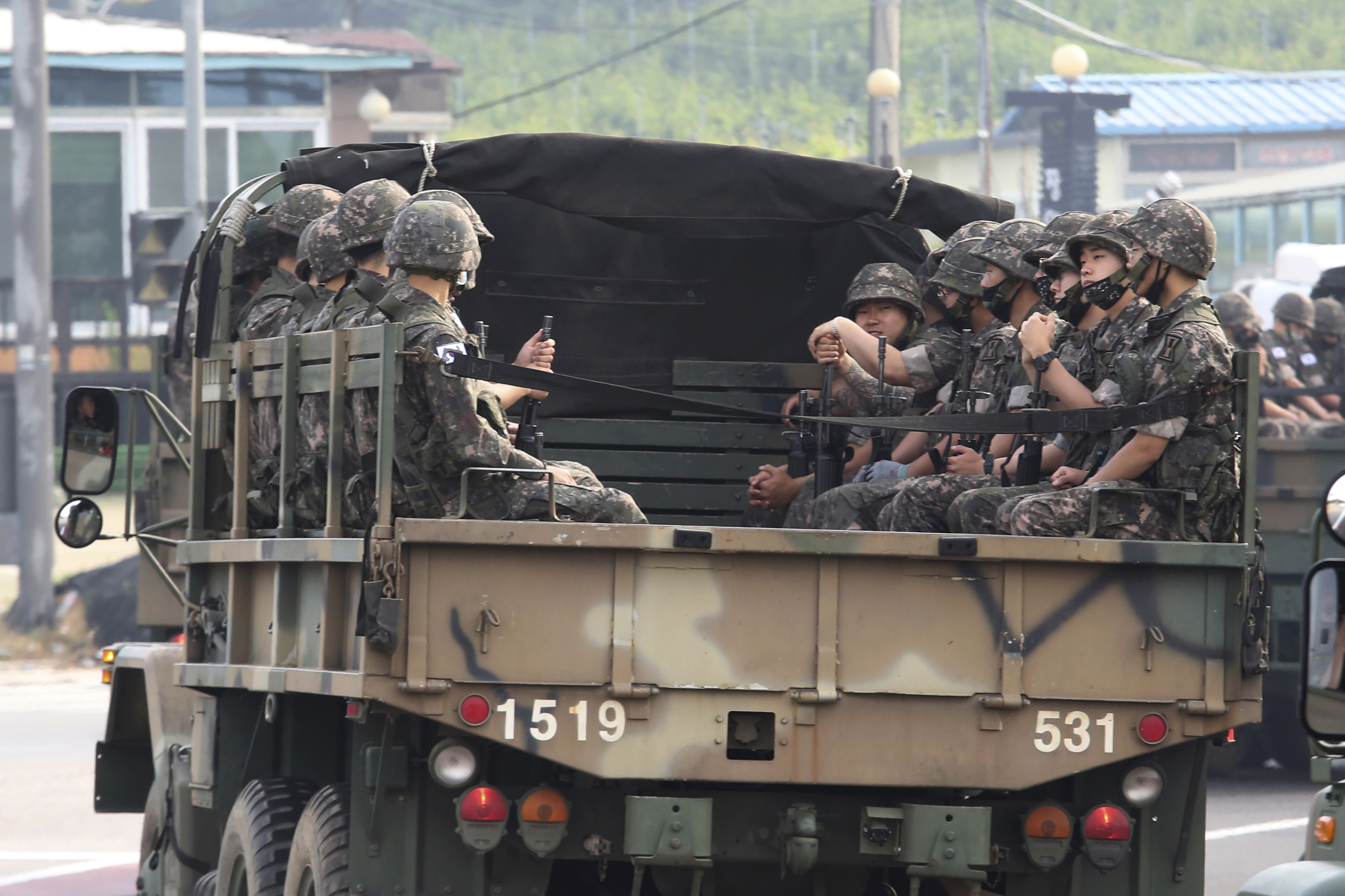
The building destruction was a reflection of the zeal of our enraged people to punish human scum who challenged the noblest dignity and prestige of our country and those who sheltered the scum, perpetrators of shuddering crime.
It said North Korea will set the intensity and timing for its additional steps while closely monitoring South Korean moves.
Kim Yo Jong, the powerful sister of North Korean leader Kim Jong Un, separately revealed that North Korea had rebuffed a recent offer by South Korean President Moon Jae-in to send special envoys to Pyongyang to defuse animosities.
Kim Yo Jong, who has spearheaded the North’s recent fiery rhetoric against South Korea, called Moon’s offer a petty farce and a trick to tide over a crisis. She also slammed Moon’s recent urging of North Korea to return to talks and find a breakthrough with South Korea, saying he reeled off a string of shameless and impudent words full of incoherence.
In response, one of Moon’s senior presidential advisers, Yoon Do-han, called Kim Yo Jong’s statement very rude, irrational and senseless. Yoon warned South Korea won’t tolerate similar statements by North Korea any longer while expressing strong regret over North Korea’s unilateral publicizing of South Korea’s offer to send envoys.
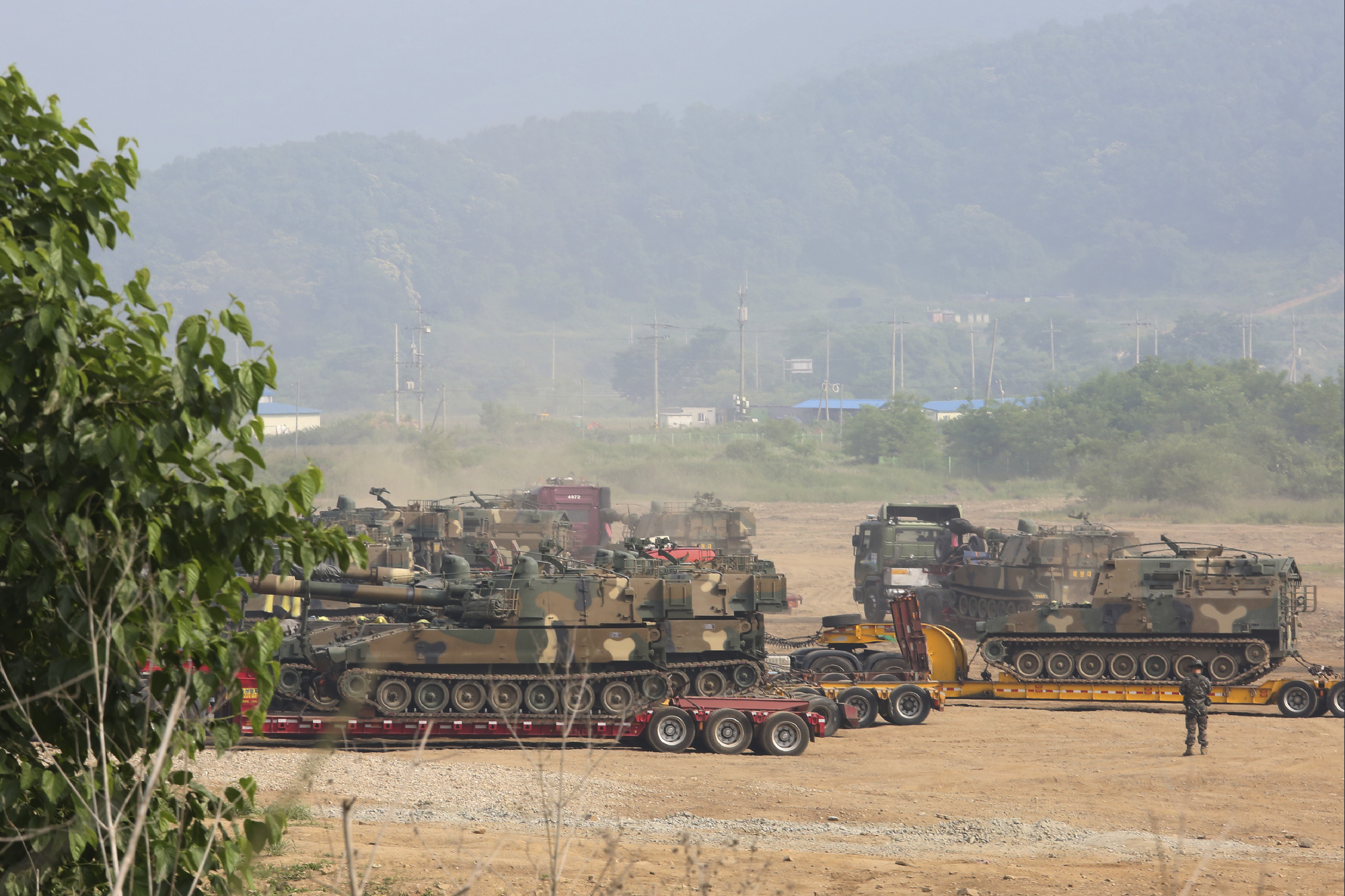
The exchange of verbal salvos between the Koreas is highly unusual under Moon's government, which has espoused greater rapprochement with North Korea since taking office in 2017. Moon has faced criticism that he was too soft on North Korea even when it publicly conducted weapons tests targeting South Korea.
Moon, who met Kim three times in 2018, was a driving force behind the diplomacy between Pyongyang and Washington, including the first summit between Kim and President Donald Trump in Singapore in June 2018.
Relations between the Koreas have been strained since the second Kim-Trump summit in early 2019 fell apart due to wrangling over the sanctions.
The liaison office, built with South Korean money at a reported cost of $8.3 million, was opened days before the 2018 tension-reduction deals were reached. It was the first such office established between the Koreas since their 1945 division and was a symbol of Moon's engagement policy.
Moon and Kim, after the first of their three 2018 summits, agreed to stop all forms of hostile acts against each other, including leafleting campaigns. But the agreement doesn’t clearly say civilian leafleting should also be banned.
(AP)
